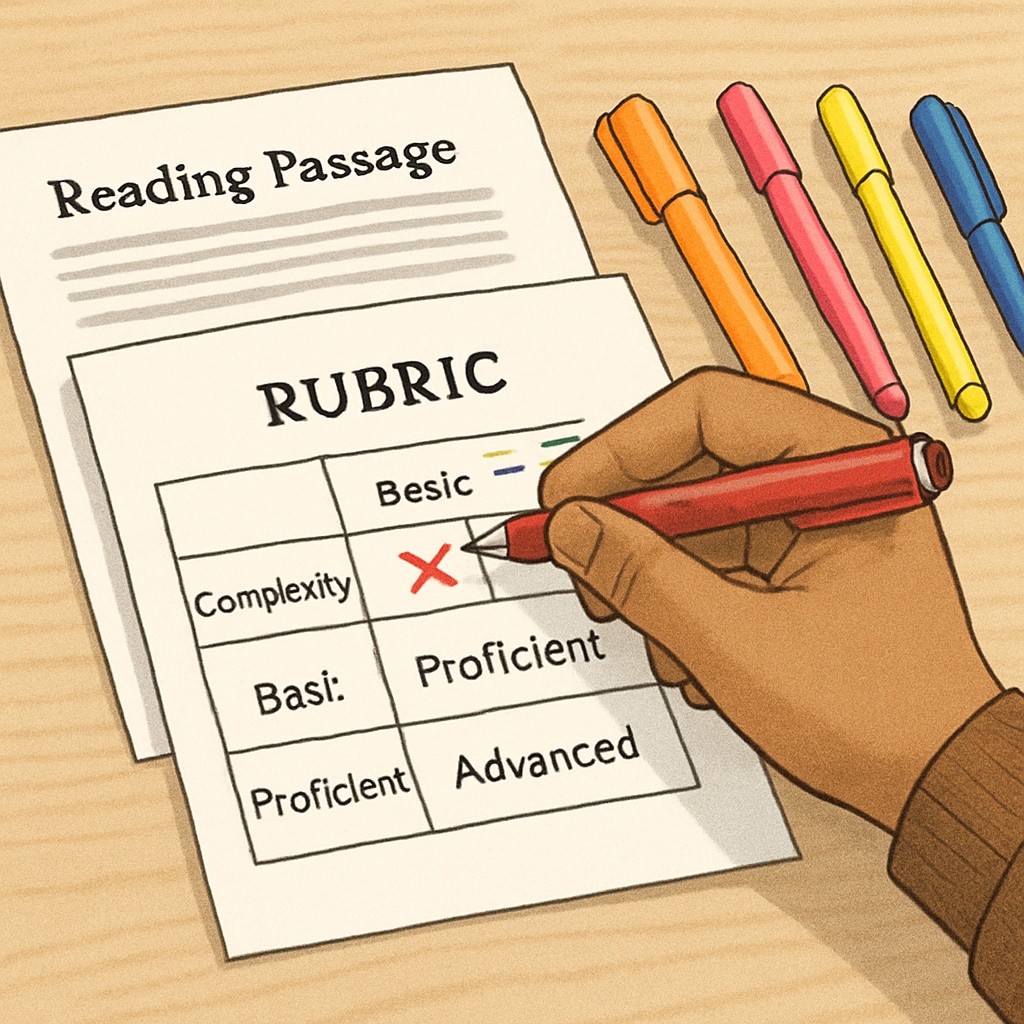Reading comprehension, teacher volunteers, text complexity research needs your expertise! We’re inviting elementary and middle school educators to participate in a groundbreaking study that will redefine how we measure reading difficulty. Your professional judgment as classroom teachers is invaluable for developing scientifically validated standards that reflect real-world learning needs.

Why Teacher Input Matters in Text Evaluation
Traditional text complexity metrics often rely solely on quantitative algorithms, overlooking crucial qualitative factors that teachers instinctively recognize. According to readability research on Wikipedia, effective evaluation requires both computational analysis and human judgment. Our study bridges this gap by:
- Incorporating educators’ real classroom experience
- Balancing quantitative and qualitative assessment methods
- Creating standards that align with developmental reading stages
The Research Process for Educator Participants
Participating in our reading difficulty assessment study requires minimal time commitment but delivers maximum impact. Teachers will:
- Evaluate short text samples (15-20 minutes per session)
- Provide ratings based on classroom experience
- Identify potential comprehension barriers for students
As noted in Britannica’s reading education article, such teacher-informed approaches yield more practical frameworks than purely computational models.

How This Benefits Your Professional Practice
Beyond contributing to educational research, participation offers direct advantages for your teaching:
- Deepens understanding of text selection criteria
- Provides research experience for professional development
- Connects you with a national network of literacy educators
Transition note: Throughout the study, we maintain clear communication channels and provide regular updates about how teacher input is shaping the final standards.


